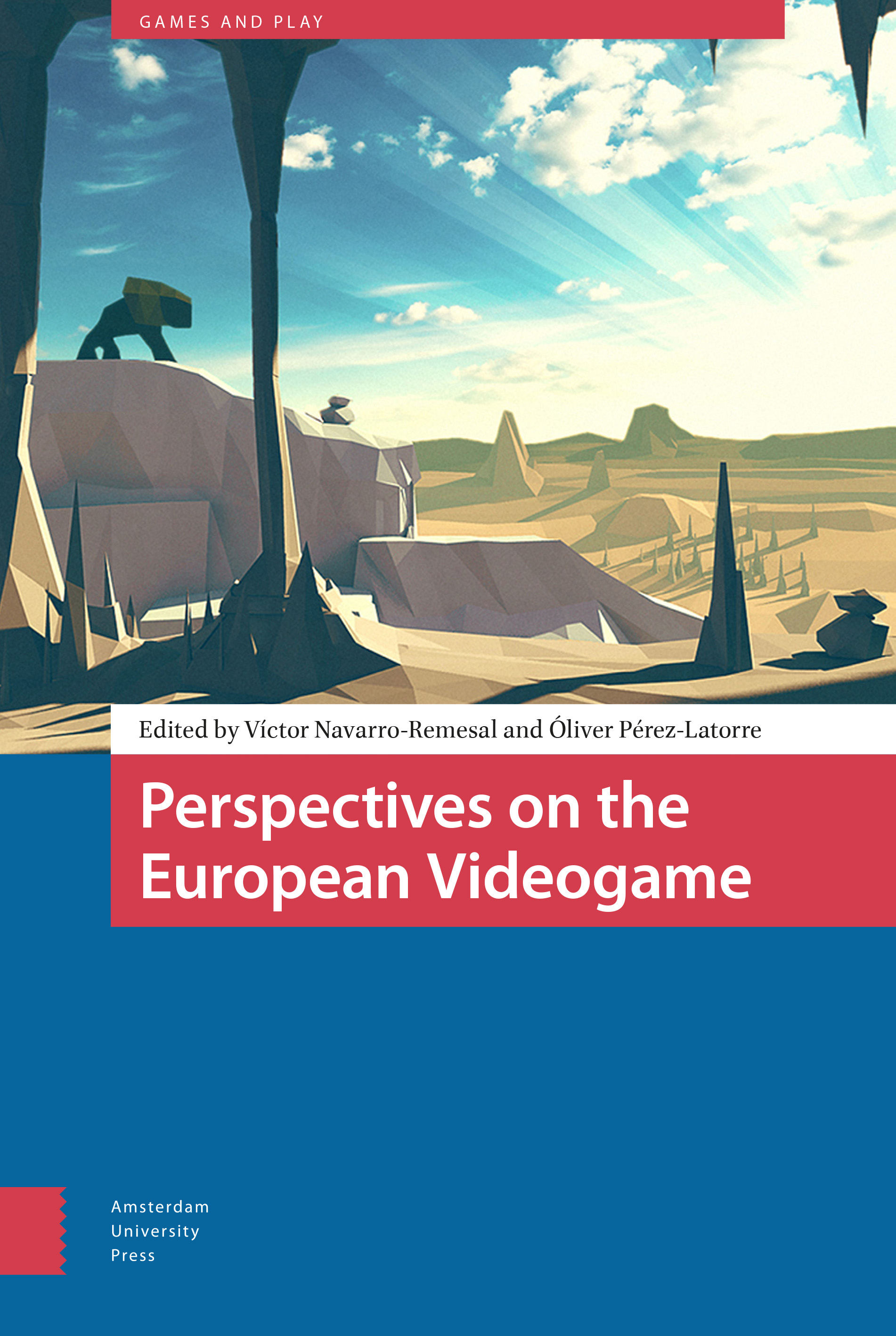Book contents
- Frontmatter
- Table of Contents
- Prologue Conflict, Negotiation, Appropriation, and Diversity: The Challenge of European Game Studies
- Introduction Euro Ludens: On the Origins, Playing Region, and Imaginaries of the European Videogame
- Part I National Stories
- Part II Transnational Approaches
- Conclusions (for now) European Videogames, Europeanness in Videogames
- Index
6 - Masterpiece! Auteurism and European Videogames
Published online by Cambridge University Press: 16 December 2021
- Frontmatter
- Table of Contents
- Prologue Conflict, Negotiation, Appropriation, and Diversity: The Challenge of European Game Studies
- Introduction Euro Ludens: On the Origins, Playing Region, and Imaginaries of the European Videogame
- Part I National Stories
- Part II Transnational Approaches
- Conclusions (for now) European Videogames, Europeanness in Videogames
- Index
Summary
Abstract
The main aim of this chapter is to analyse how authorship is defined and constructed in media discourses about European videogames. To fulfil this aim, a study is conducted on how both European indie and AAA-game creators and studios (Sam Barlow, The Chinese Room, Playdead, Tomas Sakalauskas, and David Cage) are portrayed in specialised magazines. By doing so, this chapter will examine how the rules of cultural production are adapted to the field of videogames, as well as its ideological implications. On the one hand, videogame designers as auteurs are key figures in understanding contemporary work imaginaries. On the other, this chapter shows that reproducing traditional definitions of authorship entails problematic implications regarding power, authority, and gender.
Keywords: Authorship, Auteurism, Indie Games, AAA Games, Field Theory, Creative Labour
Introduction: The rise of videogame auteurism
Over the past decade, debates about videogame authorship have gradually emerged, enmeshed with discussions about videogames’ place within the field of culture. Examining the discourses about authorship is particularly relevant at a time when videogames are being redefined as cultural artefacts and gradually viewed as a form of legitimised culture. Considering that Europe has a long tradition of auteurism, which first emerged in cinema in the 1950s (Maule, 2008), it is worth exploring whether there is also a European videogame ‘auteur politics’.
The first step should be to ask ourselves a question: ‘What is an author?’ (Foucault, 1984). As Foucault shows in his famous text, the answer to this apparently simple question is rather complex and makes us reflect on the attribution of authorship and its role in our understanding of different types of texts in the Western tradition. The author's proper name does not simply refer to a real person but also to a ‘function’: ‘the author function is therefore a characteristic of the mode of existence, circulation, and functioning of certain discourses within a society’ (Foucault, 1984, p. 108). Every text (as a semiotic artefact), from a grocery list to a film, is created by someone, but not all creators count as authors and not all texts contain the ‘author function’.
Authorship serves a number of purposes; we invoke authorship to classify works (grouping together different texts and distinguishing them from others) and give them economic value (branding, intellectual, property).
- Type
- Chapter
- Information
- Perspectives on the European Videogame , pp. 131 - 150Publisher: Amsterdam University PressPrint publication year: 2021



